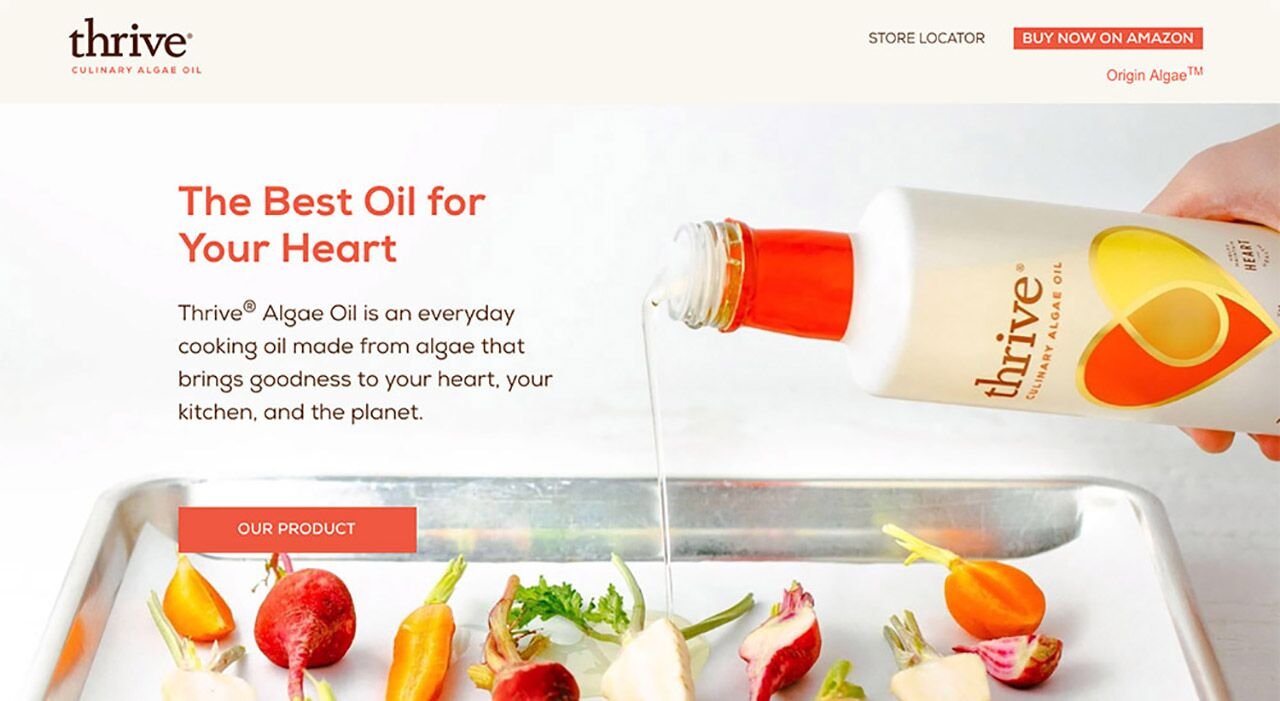Trendslation: The Rise of Fermentation
You’ve likely tried a beer, sourdough bread, pickles, yogurt, and sauerkraut. If adventurous, you might have had seaweed salad with sushi, kimchi from a food truck, or kombucha your sister brewed at home. But, have you ever seen a SCOBY, the symbiotic culture of bacteria and yeast that transforms sweet tea into that tangy, fizzy kombucha? Or tried kefir, the yogurt-like beverage made from fermented cow’s, goat’s, or sheep’s milk? Fermented foods have been around for thousands of years, primarily in the form of preserved fruit, vegetables, and milk. In fact, it’s believed that fermented cabbage was served to those who built the Great Wall of China. In North America, acceptance of fermented foods has been minimal. But, that’s changing. In fact, ferments were the biggest restaurant trend of 2018, with a whopping 149% increase on menus.
Why all the sudden excitement and acceptance of fermented products? A look at health and wellness as a megatrend shows that consumer interest in alternative medicine has been growing since the 1950s. Combine that with the Millennial approach to food as a vehicle for exploration and experimentation, what do you get? The perfect moment for consumers to embrace the far-flung flavors of ferments.
RELEVANCE: WHY FERMENTED PRODUCTS OVER OTHER ASPECTS OF WELLNESS?
Flavor, Flavor & More Flavor
During fermentation, microorganisms like yeast and bacteria convert carbohydrates to alcohol or organic acids under anaerobic conditions. This metabolizing of food brings about chemical changes that create and release flavors. Many food and beverage companies are experimenting with microbiology and fermentation to develop new flavors and applications.
Better Food Absorption
Fermentation pre-digests nutrients and beneficial compounds into more bioavailable forms. This means you’ll absorb more of the live nutrients in your foods. And you might not need to take as many supplements and vitamins.
Increasing Probiotics Increases Health
Probiotics can help improve immunity and slow or reverse some diseases. That’s because eating fermented foods introduces beneficial bacteria (probiotics) into your digestive system. Not all fermented foods contain probiotics—like beer (sorry). But, scientists at the Food Science and Technology Programme are working to change this (yay!).
The Gut-Brain Axis
Millions of nerves, including the important vagus nerve, connect our gut and brain. Researchers have linked microorganisms in the gut to all sorts of health conditions. These include obesity, depression, and neurodegenerative diseases. The probiotics in fermented foods can help restore your gut health and have a positive impact on related health issues.
EVIDENCE: FERMENTATION IS GROWING MAINSTREAM
Fermented foods are showing up in new and exciting ways. From epicurean start-ups to powerful companies, here are a few brands that have caught my eye.
Cultured Coffee
eatCultured claims its Cultured Coffee is nature’s power drink reinvented. Why? They naturally ferment green coffee beans before roasting. This lowers the concentration of the four main molecules associated with digestive discomfort: catechol, caffeine, hydroxyhydroquinone and pyrogallol.
The Pickled Pig
Husband and wife team Gary Leybman and Libby Power have brought their family’s Belarus heritage to Cincinnati with The Pickled Pig. Their goal is to help people experience new tastes that create new memories. They craft healthy, flavorful, fermented products inspired by the knowledge of their grandparents. A few of their delicious products include Napa Kimchi, Garlic Beets, and Giardiniera.
Amazon Search
A quick search on Amazon reveals that fermented dietary supplements are a huge and growing category. Until recently, consumers could find them from specialty health food retailers. But, with brands like Solaray entering the market, these products are gaining traction in mass retail.
Thrive
The makers of Thrive Culinary Algae Oil utilize the same kind of fermenters used for producing wine and beer to convert plant sugars in algae into oil in just a few days. Thrive’s fermentation technology is a commercially viable way to cultivate algae at-scale indoors without the need for land, livestock, or chemicals. Even better, it contains the highest level of monounsaturated fat of any other cooking oil on the market.
OUTLOOK: A NEW WORLD OF FERMENTED FLAVOR
As a consumer, expect to see your options for partaking in fermented foods continue to grow. This point is reinforced in Mintel’s latest 2019 – US Flavor & Ingredient Trends report. At COHO, we believe that the presence of ferments will be felt even further across food and beverage categories; in fact, it’s already inspiring the next wave of innovation in the spirits industry. As a brand stakeholder, whether you’re in Marketing or R&D, have you considered whether fermentation is applicable to your business and brands?
As always, we want to hear from you. What’s the most interesting ferment you’ve found? And your favorite way to enjoy it? Or, would you like to talk about this megatrend further? Contact me and let’s talk about fermentation!
Ellen Craven
Ellen Craven, Coho’s Director of Strategy & Innovation, is a provocative thinker and challenger of the status quo. She is constantly in a near-clinical state of consumer empathy and always onto the next insight that will build brands, grow business, and make life a little better for all of us. When she is not strategizing, she's excelling in her other job; swim, tennis, karate, and band mom, or discovering new restaurants with her husband.








